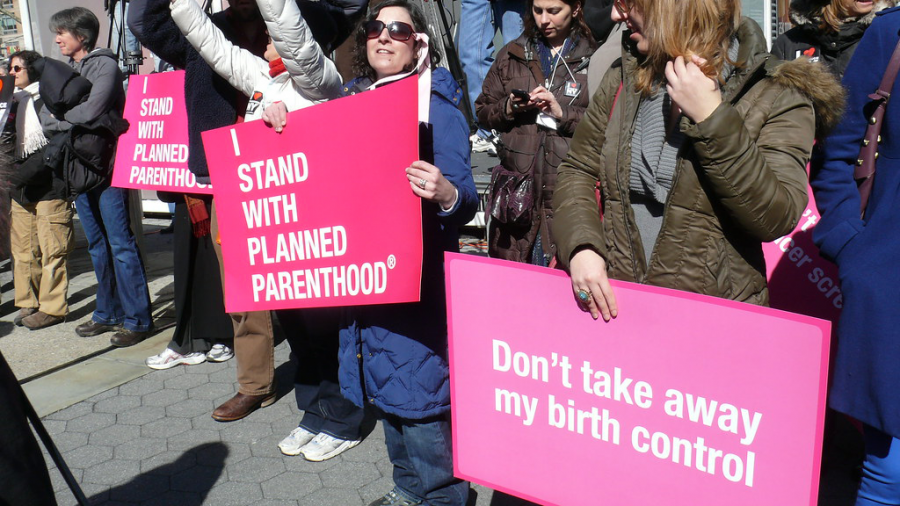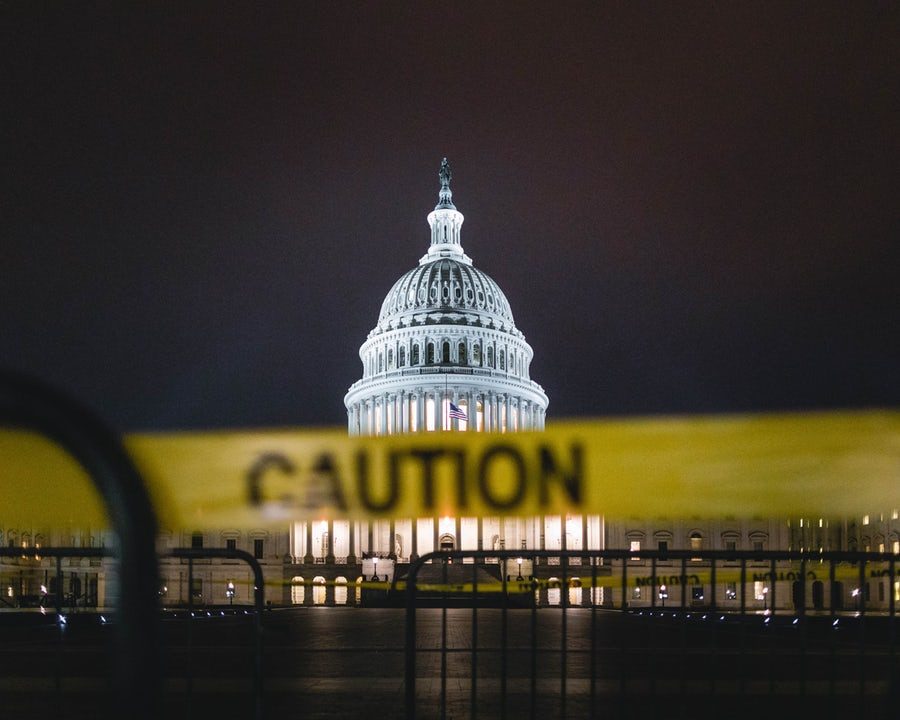Indiana governor signs in controversial RFRA Bill
May 6, 2015
Indiana governor Mike Pence signed the controversial Religious Freedom Restoration Act into law on March 26, creating a storm of backlash and opposition from groups that advocate for LGBT rights, many celebrities, and corporations. The RFRA law formally says the government cannot intrude on a person’s religious liberty unless it can prove a compelling interest in imposing that burden in the least restrictive way.
According to some, including Governor Mike Pence, the law is similar to the 1993 federal law designed to protect American’s freedom of religion. The 1993 RFRA, signed into law by President Bill Clinton, was intended to ensure that interests in religious freedoms are protected. Although the law was ruled unconstitutional in City of Boerne v. Flores, it continues to be applied to the federal government and has inspired twenty states to pass individual State Religious Freedom Restoration Acts, which is what Indiana recently did.
However, many view the law as simply a thinly veiled attempt to legalize discrimination against gays and lesbians on “religious freedom” grounds. The law will give business owners who oppose homosexuality for religious reasons the right to turn away gay, lesbian, and transgender customers. This would be specifically prevalent to businesses that perform wedding services, such as bakers and venues.
Pence denied the allegations that the law legalizes discrimination and promised to “fix” the law to clarify that it does not condone discrimination.
“It would be helpful to move legislation this week that makes it clear that this law does not give businesses a right to deny services to anyone,” Pence said in a press conference in Indianapolis on March 31.
In a dozen cities in Indiana, including Indianapolis, there are local nondiscrimination laws that protect gays and lesbians in employment, housing, education, and public accommodation. However, these laws do not apply to all of Indiana.
The RFRA law is mainly being criticized by LGBT supporters because of the absence of a statewide nondiscrimination law in Indiana. Illinois, for example, has both an RFRA and same-sex marriage law that codifies equal status and protection for couples and their families, making LGBT discrimination under the RFRA a non-issue. At the same time, Illinois’ Religious Freedom and Marriage Fairness Act preserves religious rights by stating that religious officials are not required to solemnize any marriages that go against their beliefs, nor are religious facilities required to hold such marriage ceremonies.
Governor Pence and Republicans continue to insist that the law was not intended to allow discrimination and cannot be used as legal defense for discrimination because of sexual orientation.
“There was never any intention in this law to create a license to discriminate and we’ll clarify that in the days ahead,” Pence said on Fox News. “It’s important to me in this process and we’ll do it in legislation.”
Some support the law view it as trying to do good work for religious minorities but being manipulated but people who do not support same-sex marriage.
“They’re latching onto a vehicle that is just not designed to do what they want it to do, at a time of great social change,” University of Illinois law professor Robin Fretwell Wilson, who supports the law, said.
Many businesses have spoken out against the law, including openly gay Apple CEO Tim Cook, the NCAA, which is holding the Final Four tournament in Indianapolis this year, Salesforce, and Yelp.
“The law gives individuals and businesses the right to file litigation and go to the courts to decide whether or not their religious claims are justified,” said Robert Katz, an Indiana University law professor who opposes the law.
On April 2, Indiana lawmakers overhauled the RFRA with a follow-up measure intended to quell the backlash generated from the RFRA’s passing. The changes now prohibit businesses from using the law as a defense in court for refusing to provide service to a person because of “race, color, religion, ancestry, age, national origin, disability, sex, sexual orientation, gender identity, or United States military service”.
These changes come after governors in North Carolina and Georgia decided to back off of similar bills and after Arkansas Governor Asa Hutchinson rejected the first RFRA bill he was asked to sign until similar changes were made.
“What was intended as a message of inclusion was interpreted as a messgae of exclusion, especially for the LGBT community”, said House Speaker Brian Bosma. “Nothing could have been further from the truth, but it was clear the perception had be addressed.”
















